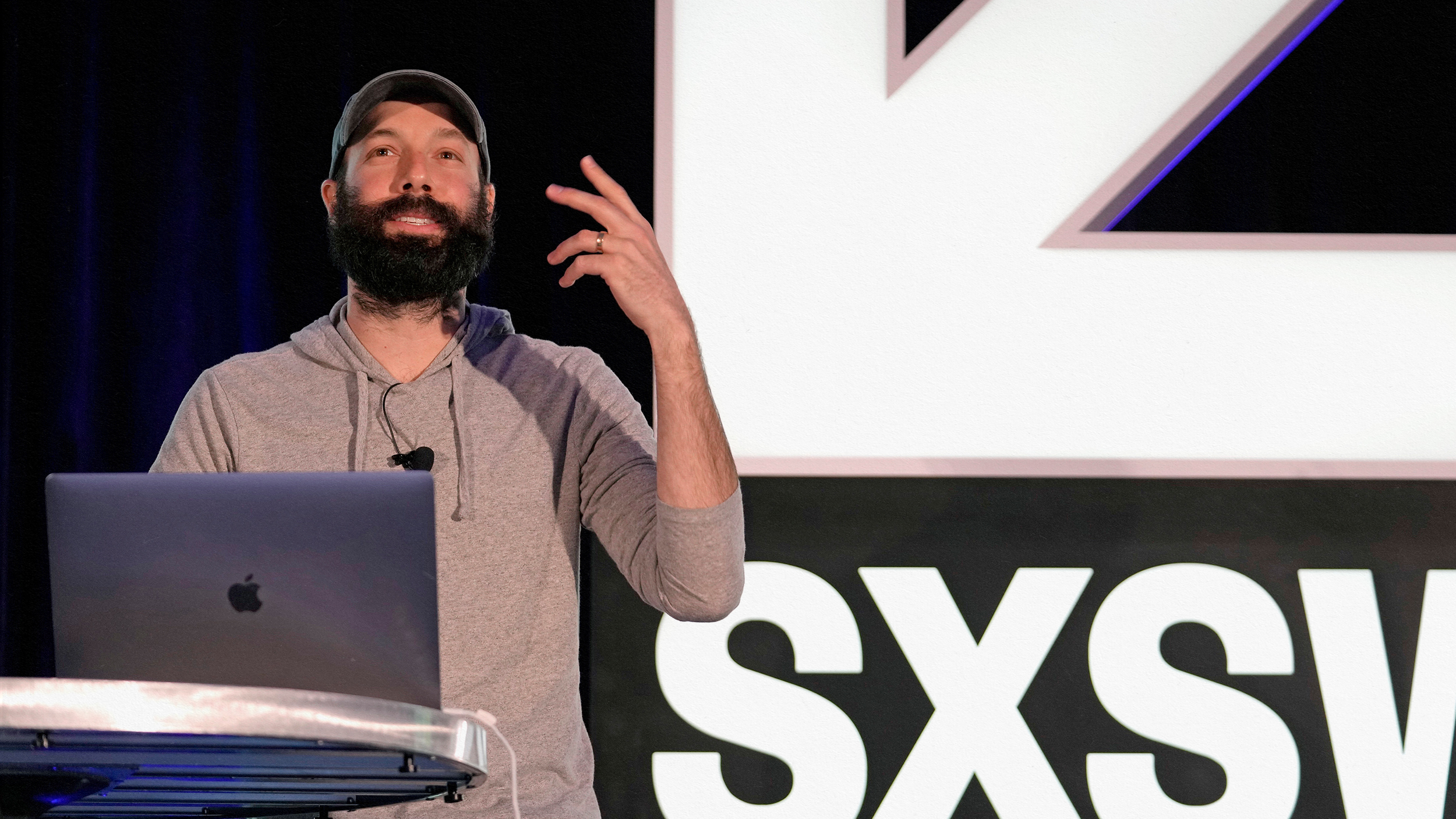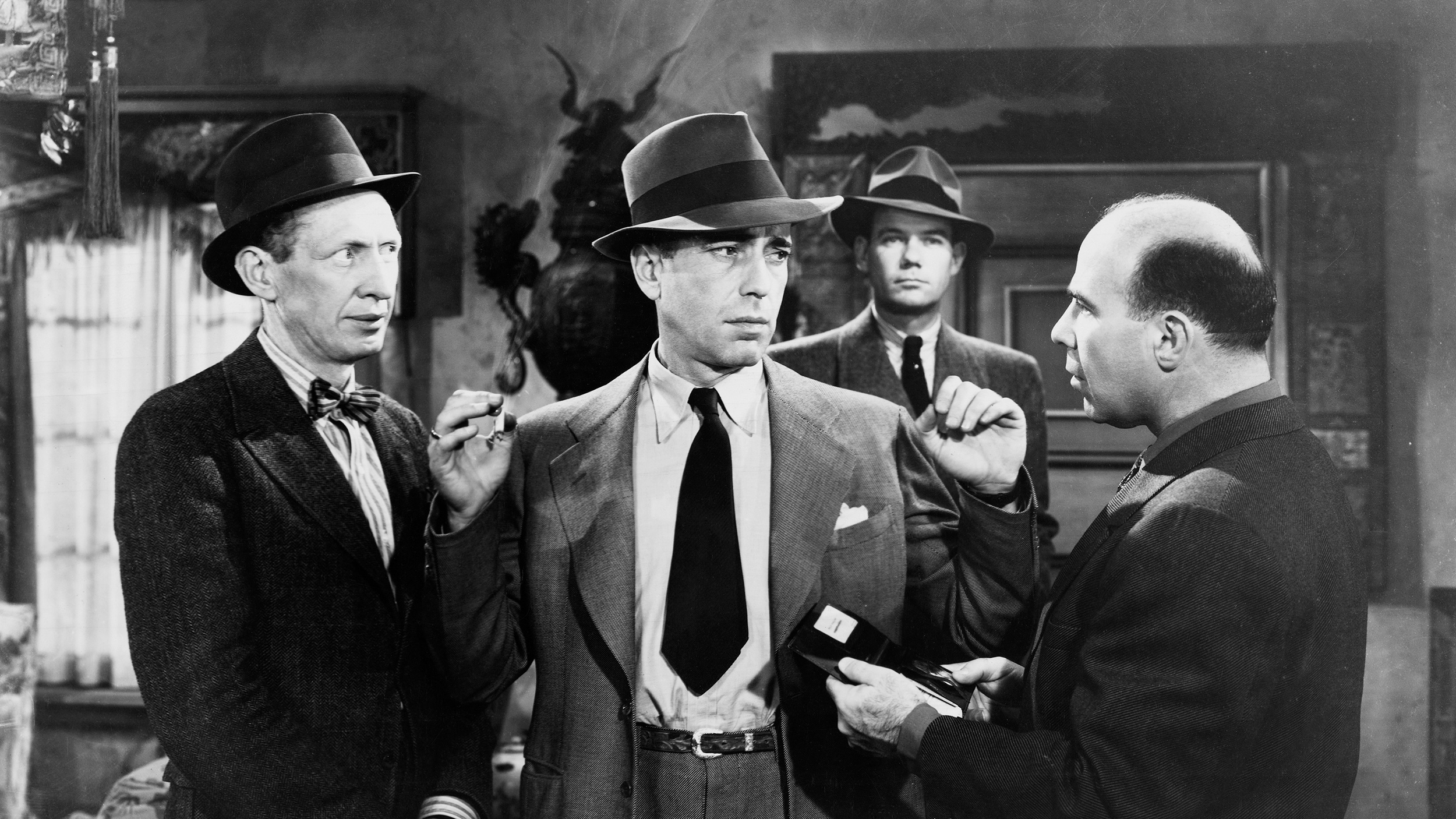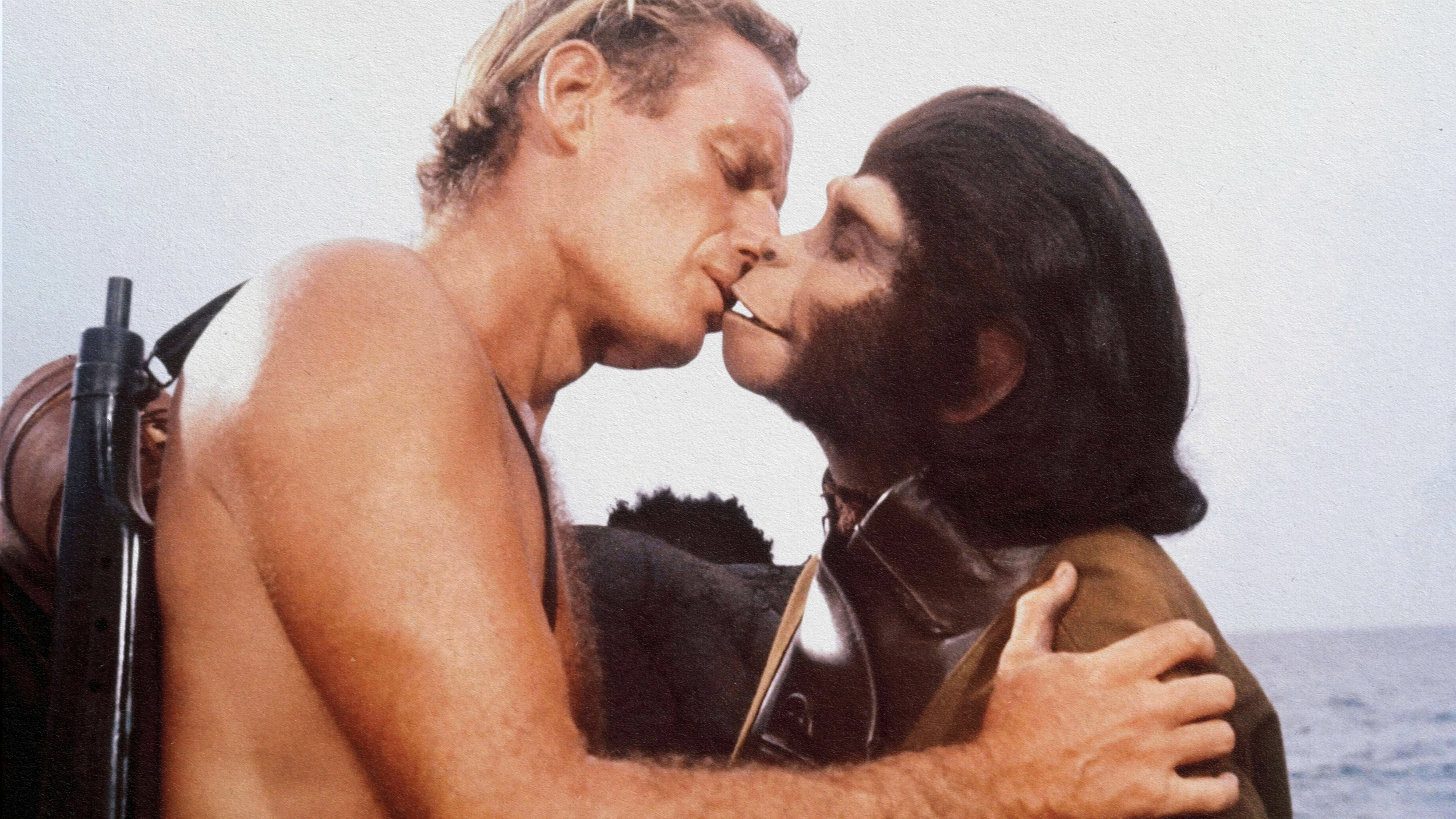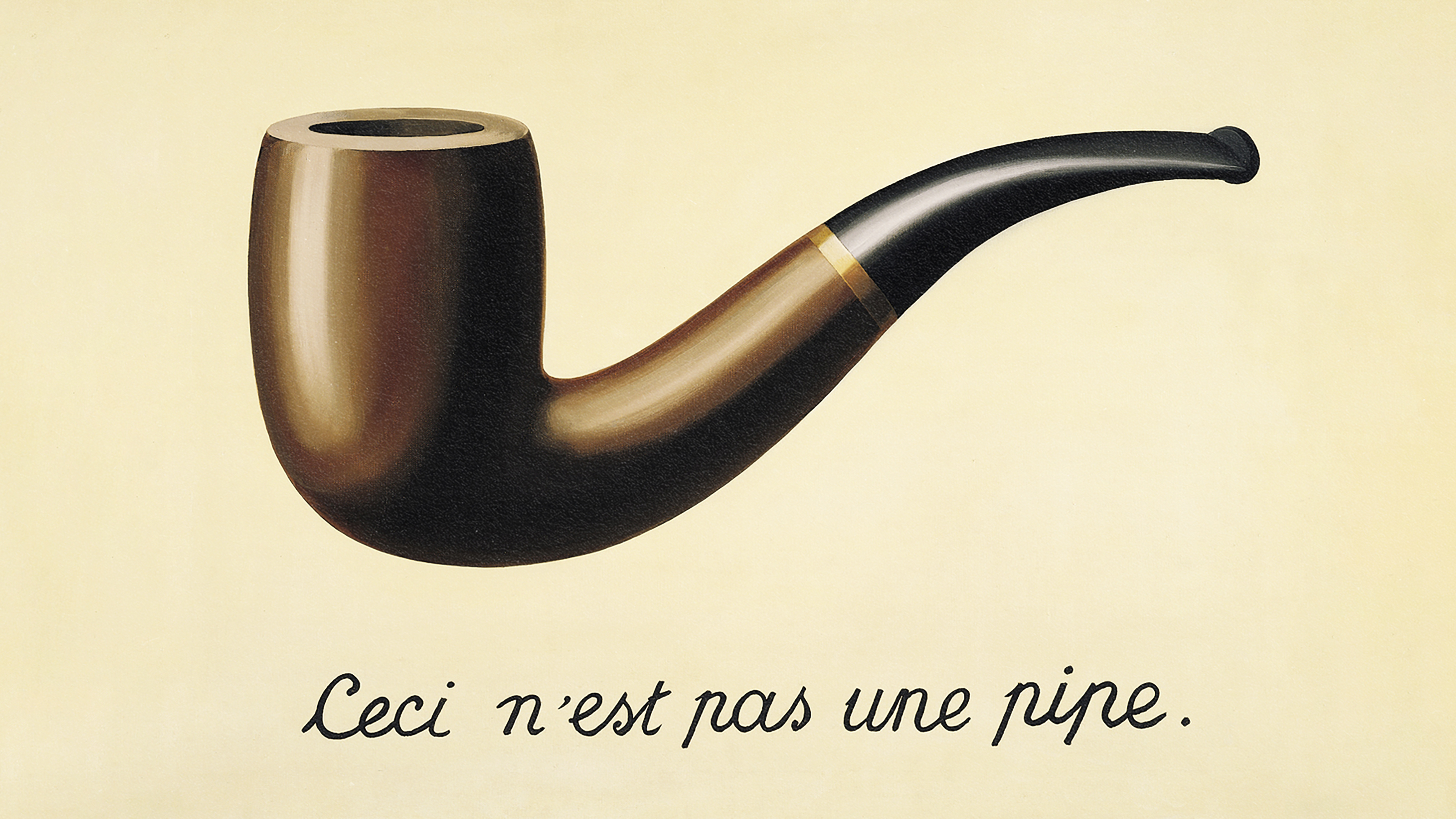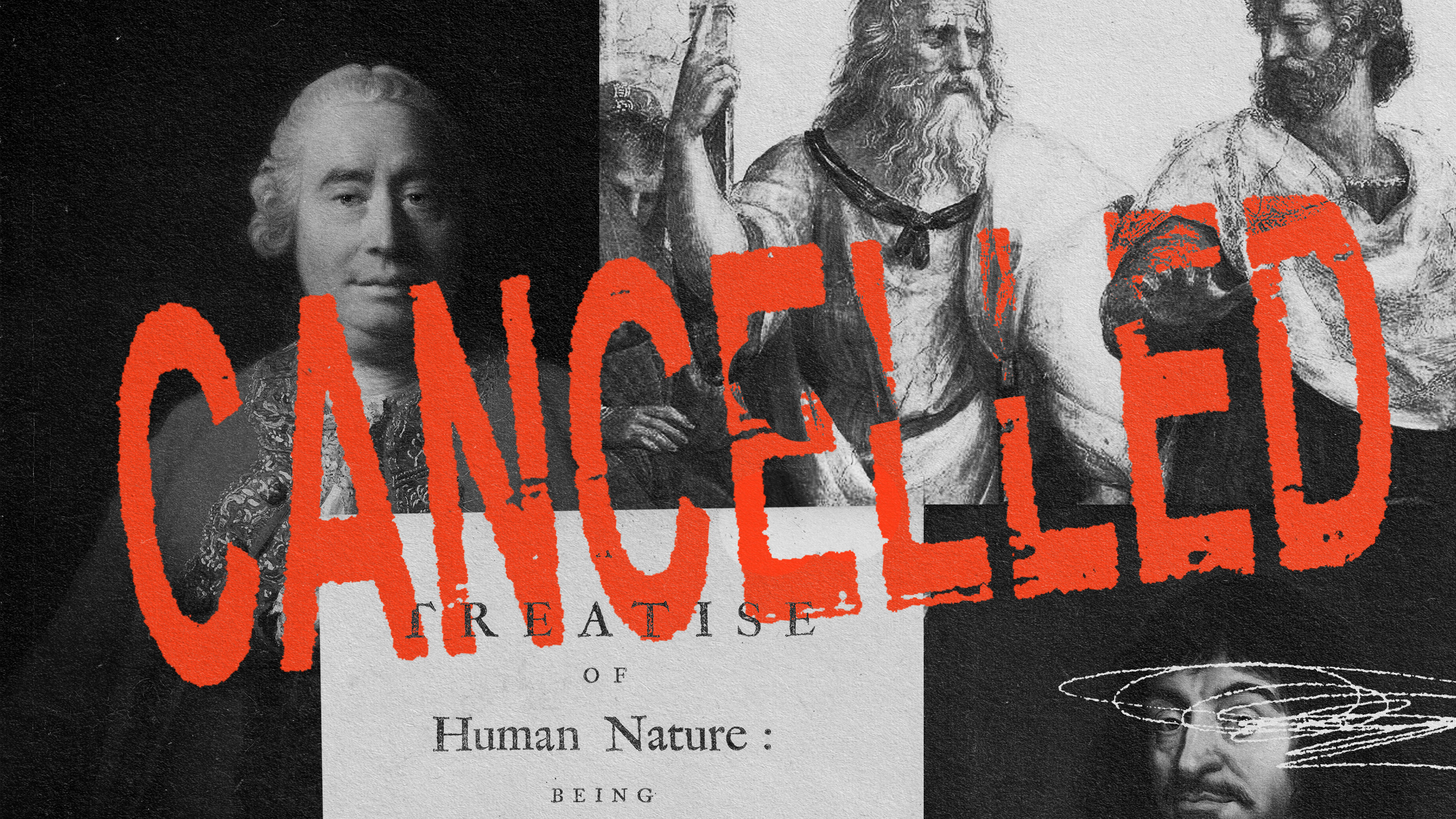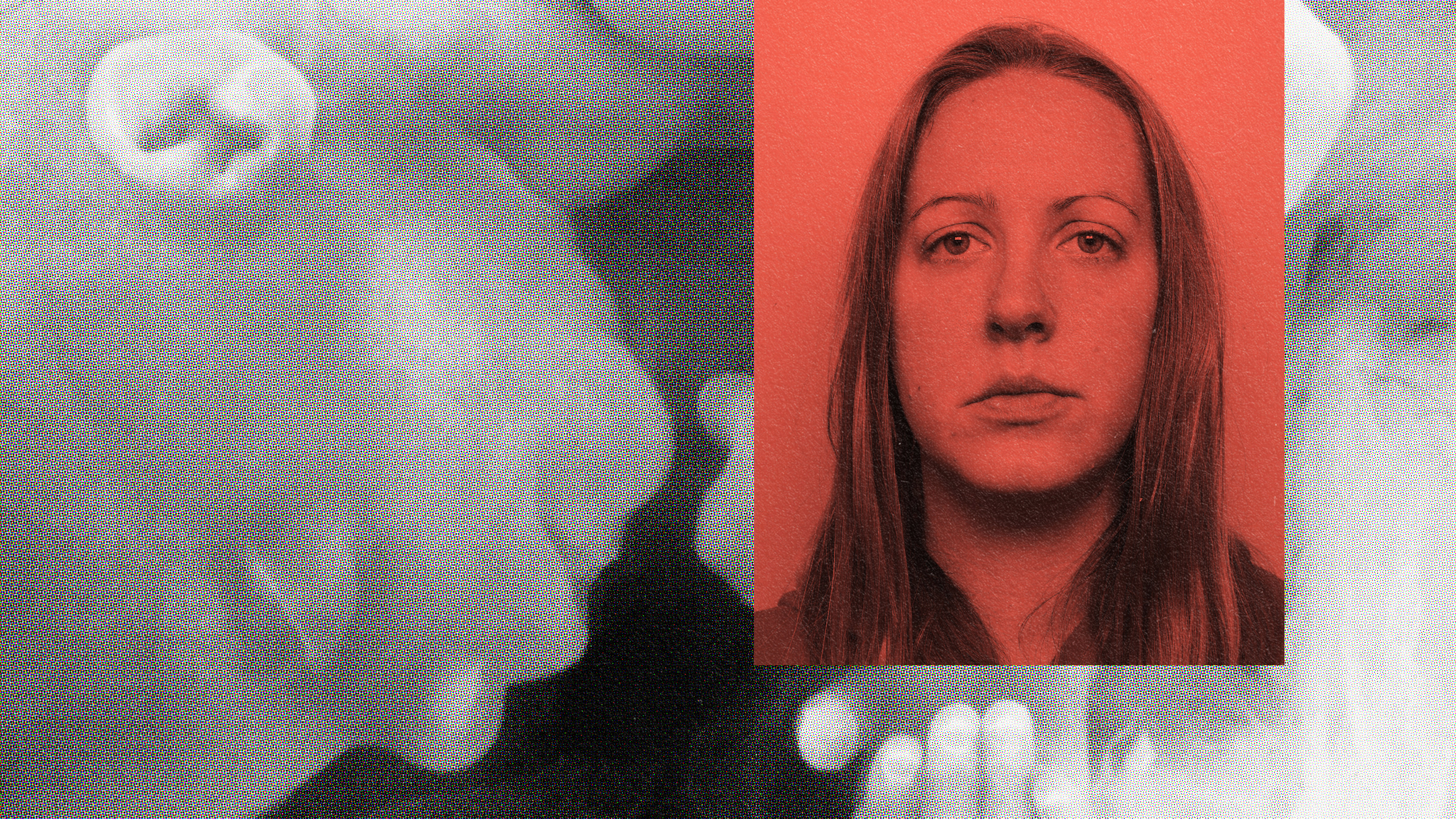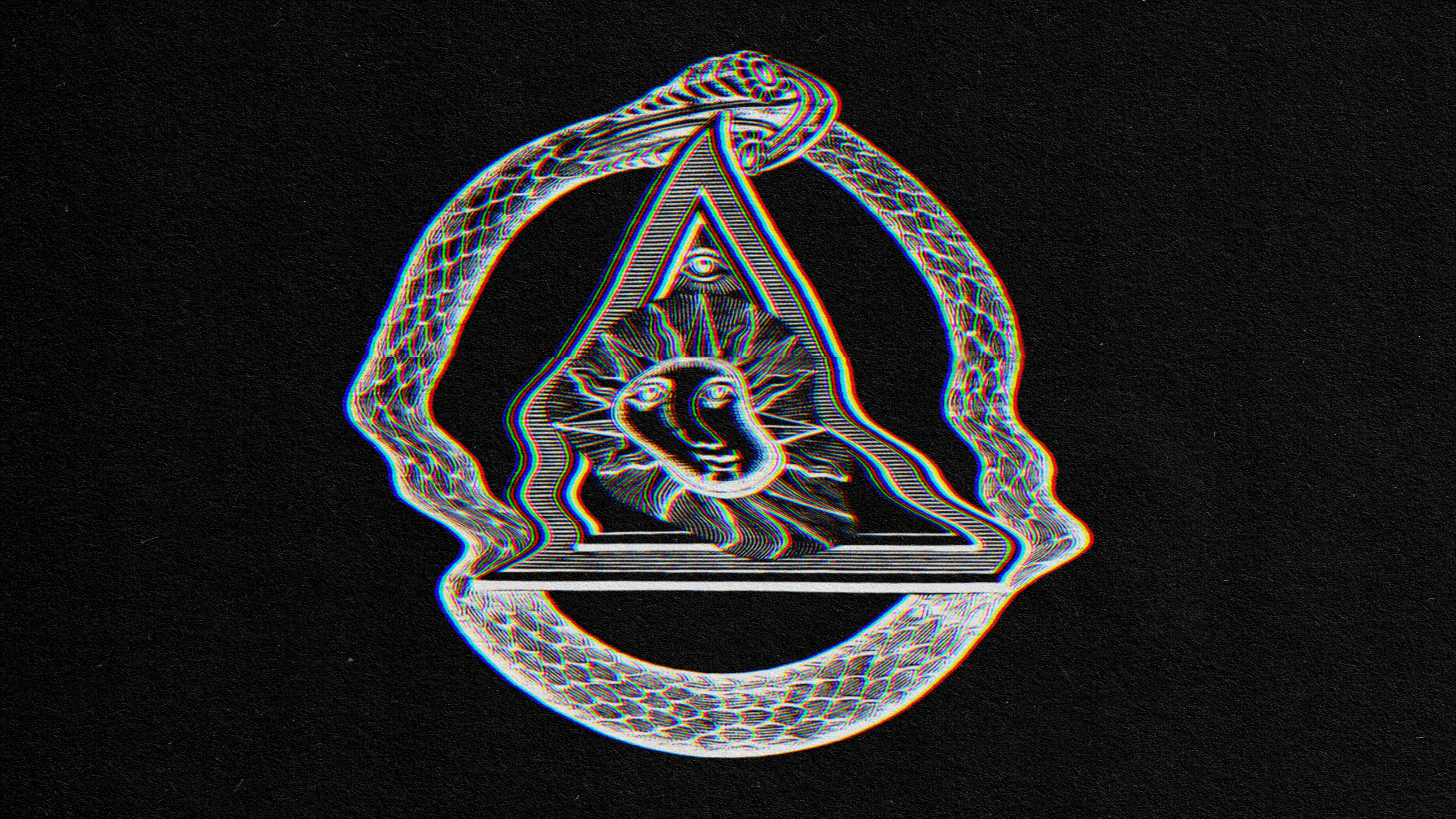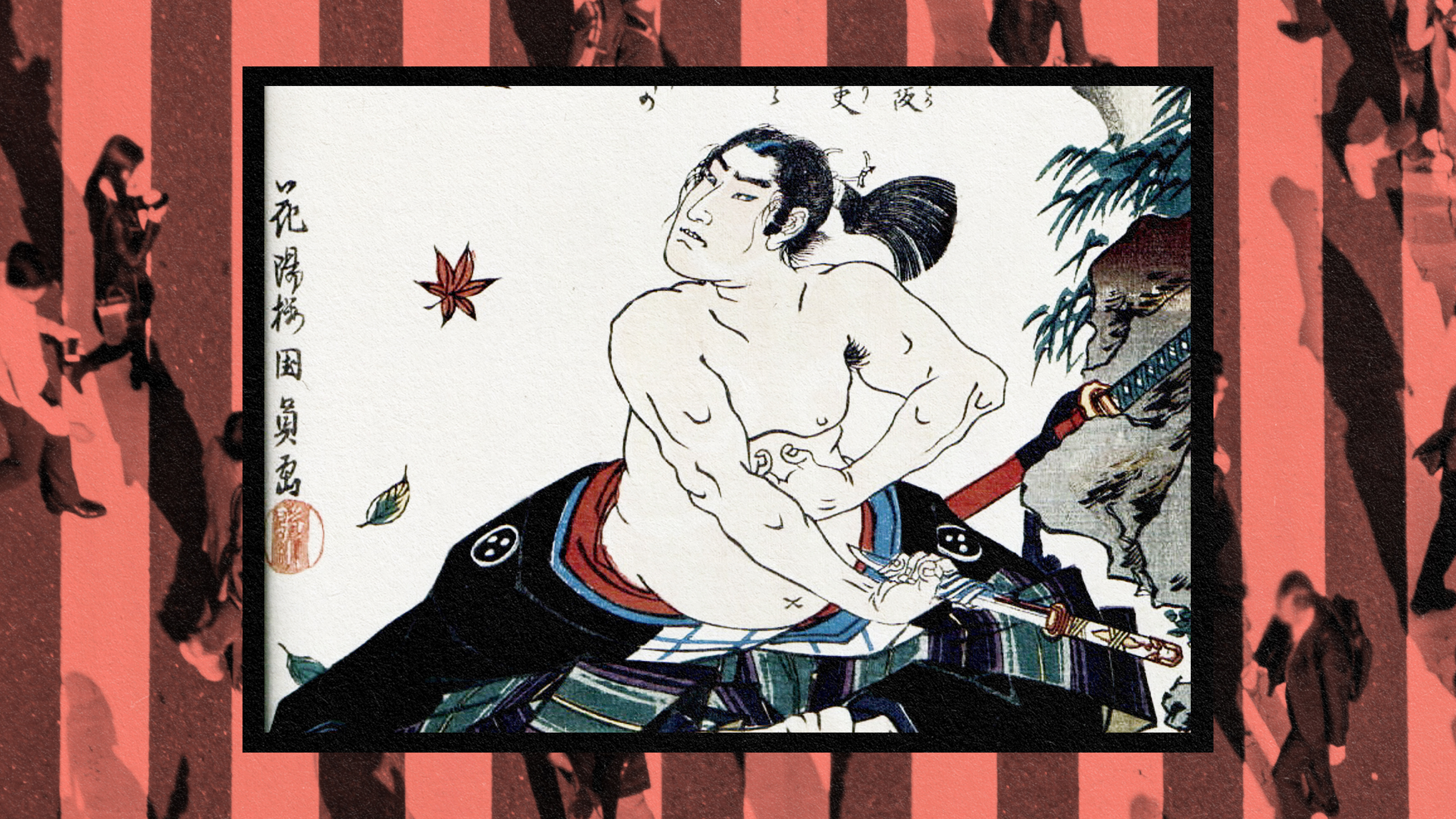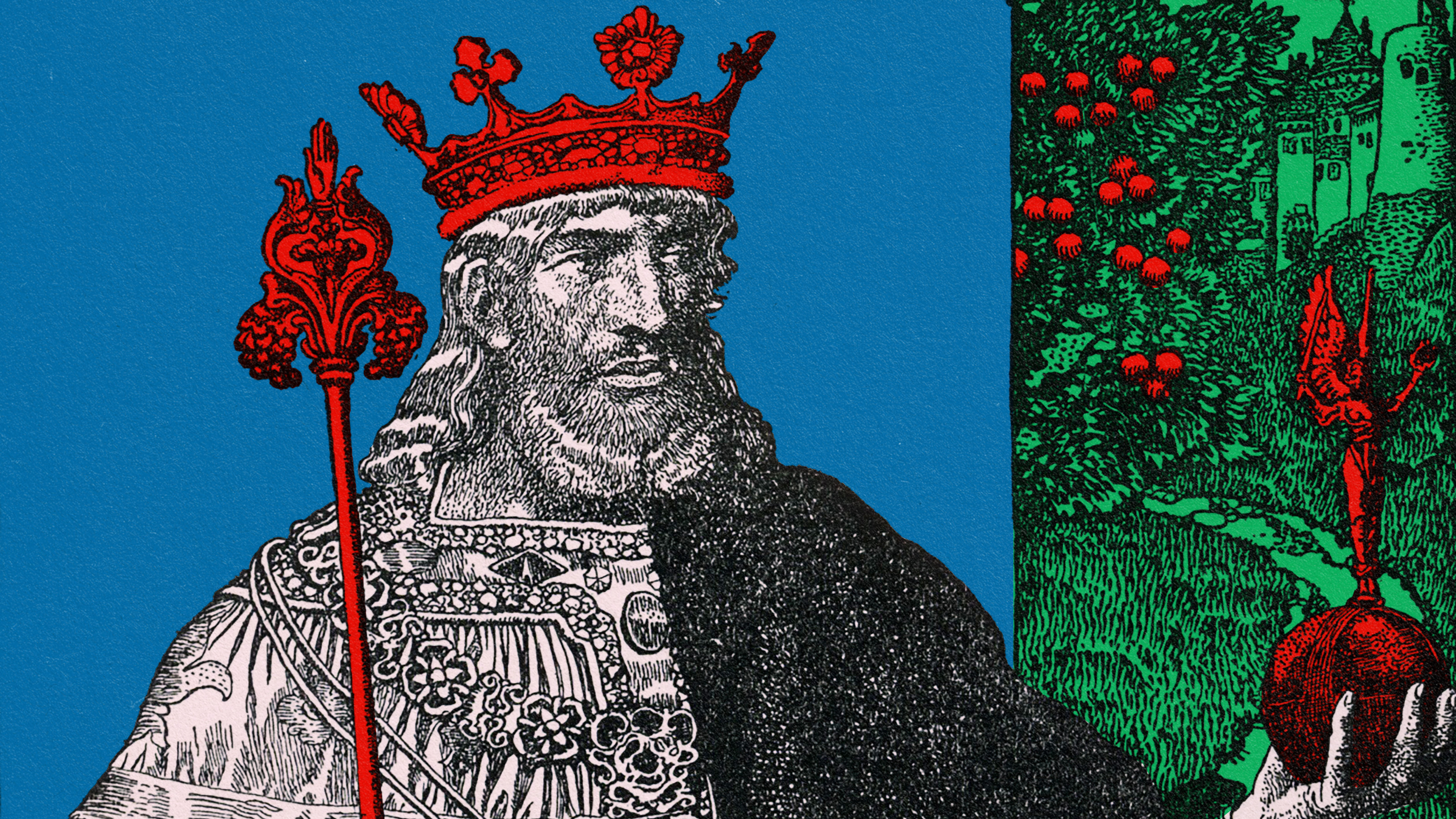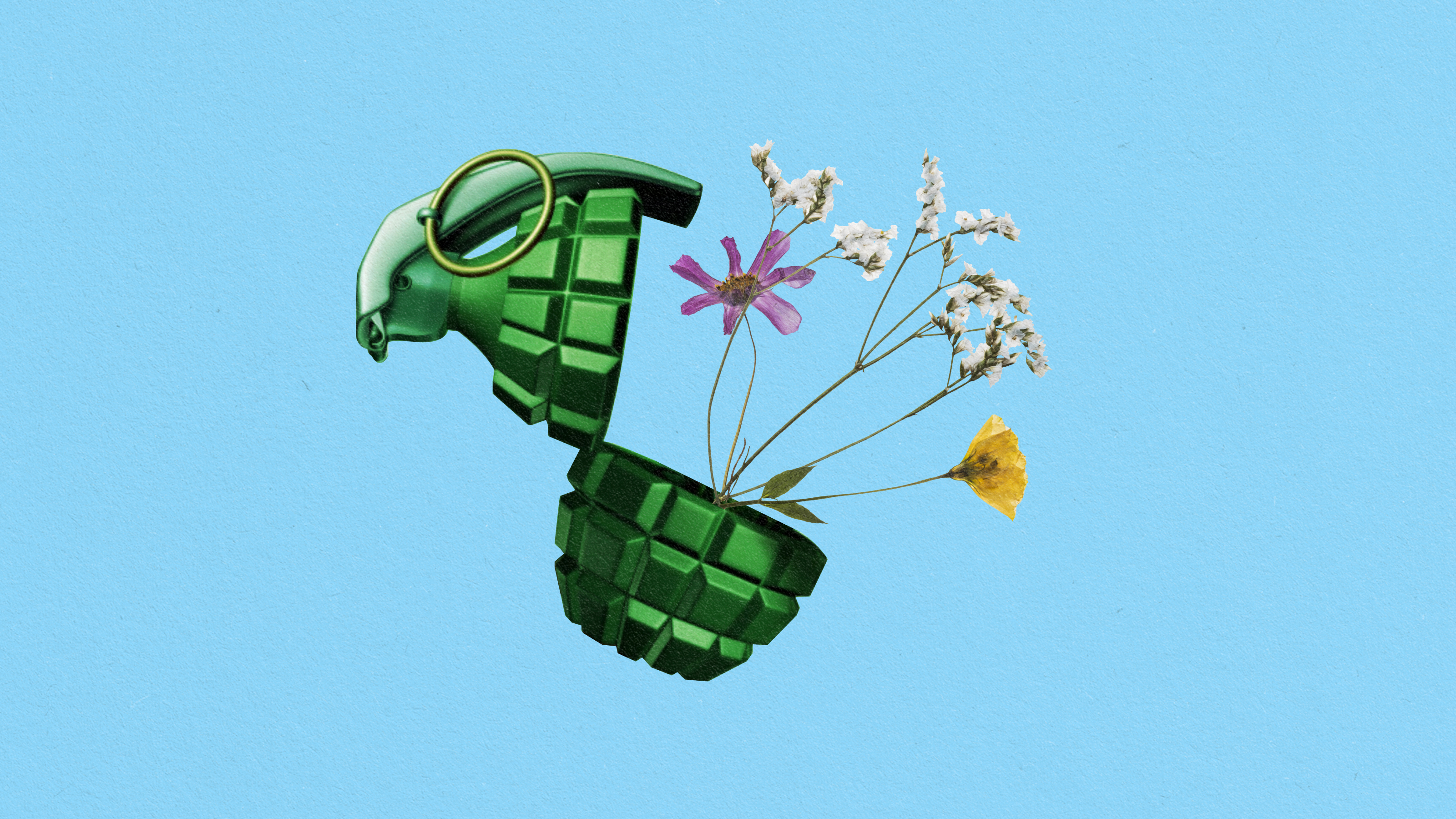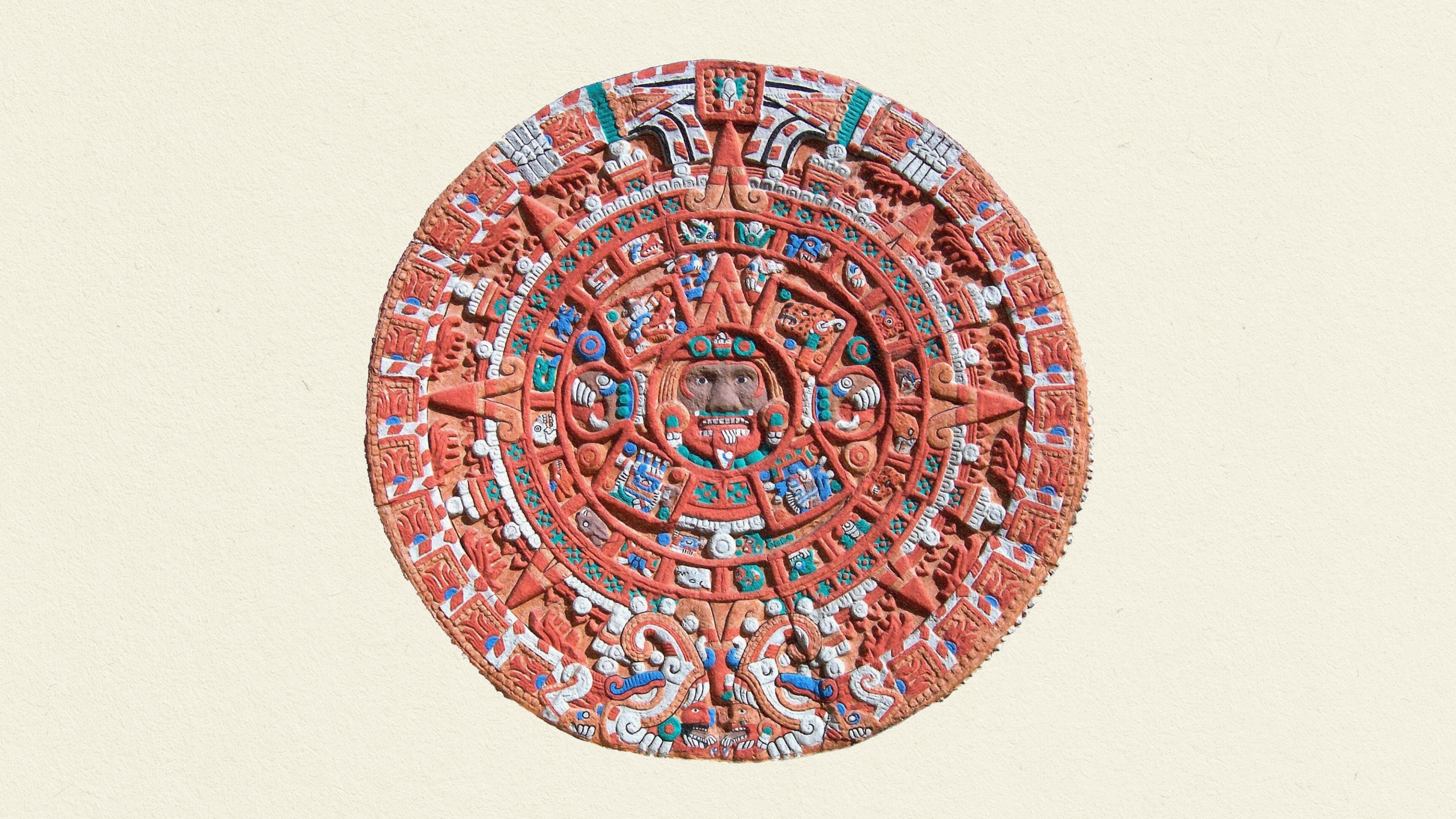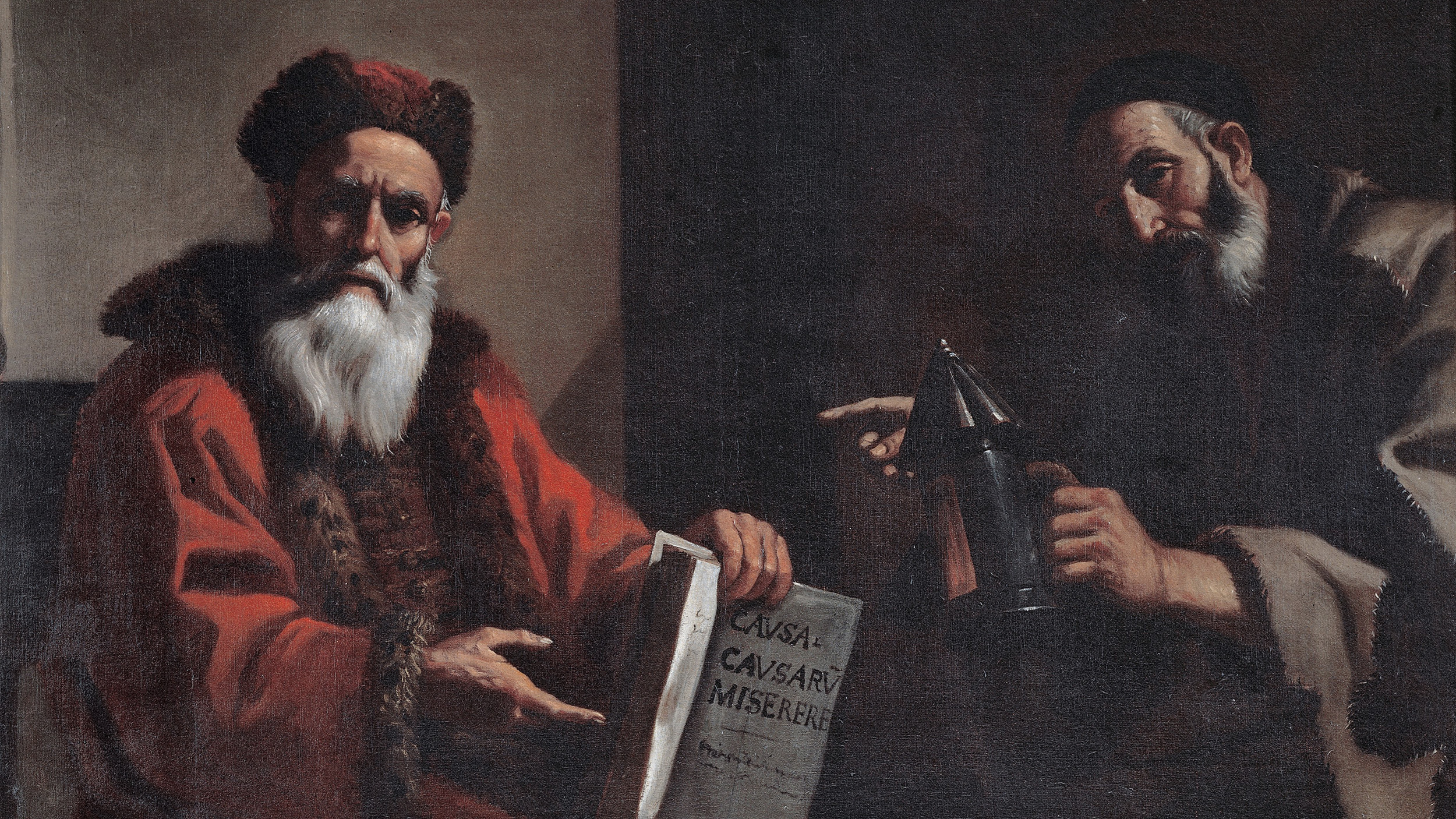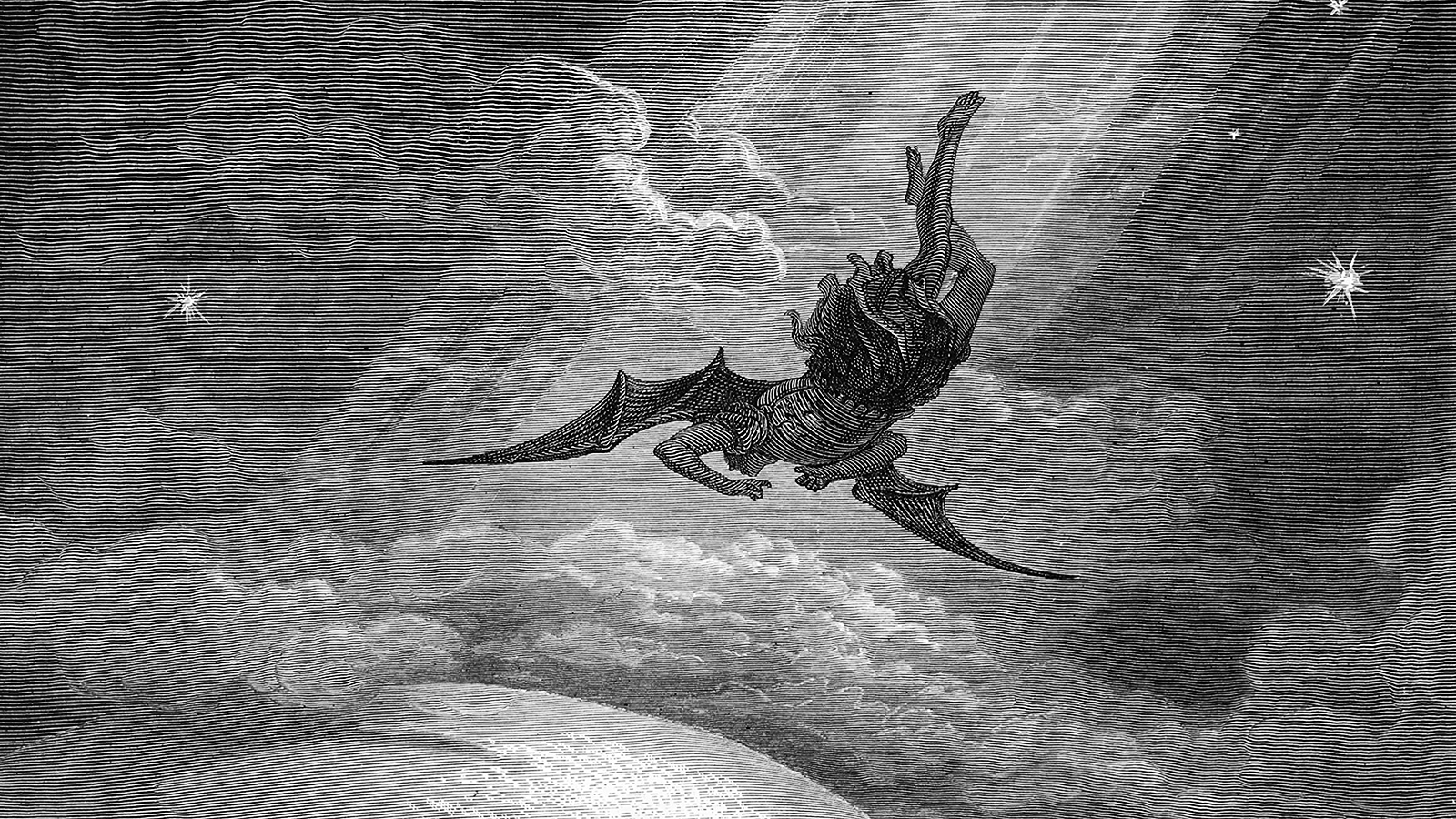Jonny Thomson
Jonny Thomson taught philosophy in Oxford for more than a decade before turning to writing full-time. He’s a columnist at Big Think and is the award-winning, bestselling author of three books that have been translated into 22 languages.
Jonny is also the founder of Mini Philosophy, a social network of over half a million curious, intelligent minds. He's known all over the world for making philosophy accessible, relatable, and fun.

You can’t farm spiders — but putting spider genes into silkworms works even better.
If you give yourself and others space to tinker and experiment, then you might create something incredible. Here’s how to do it well.
You are much more likely to die in a car crash than from terrorism. Yet, philosopher Eran Fish says fearing terrorism more is justified.
The philosophy of sex is going through a recalibration period.
Rooted in Vedic philosophy, “anupalabdhi” — or “non-apprehension” — can help you exploit gaps in the market.
There’s nothing like the end of the world to make you a philosopher.
Want to write a time-travel story? Do so at your own risk.
In an attempt to prove Christianity inferior to communism, a Soviet scientist hoped to play God.
Defamiliarization is a common tool in the arts. Here we learn how seeing things from a different angle can lead to billion-dollar success.
In a world without clocks, people used common activities in place of time units. How long it took you to go to the toilet mattered.
There are issues with Kinsey’s data, but his books revolutionized Americans’ thinking about sex and sexuality.
Will you die when your body dies?
“Conceptual isolation” offers an agreeable solution.
Quality down time is important for relationships. Here are three practical suggestions to create more of it.
Is mindfulness really the panacea it’s touted to be, or are we glossing over some fundamental flaws?
Do you really need a monstrous upbringing to make monsters?
If you see life as only a source of suffering and misery, why bring anyone else into that? This belief, called anti-natalism, is on the rise.
According to bushido, your life is of secondary importance to key virtues, like honor, loyalty, and justice.
It’s time to bring “friendship love” back.
Almost all royal lines try to legitimize their rule with legendary origin stories. Here are five of the strangest examples.
“I thought strangers knew who I was and were whispering about me as I walked by.”
Stoicism is popular today but often misunderstood and misapplied. In fact, a naive interpretation of Stoicism is damaging to your well-being.
The carnival spirit was in full swing when the priests got wasted and made indecent gestures while dressed like pimps.
No, Gandhi did not single-handedly bring about Indian independence. Pacifism alone usually gets you killed.
Debate is a verbal sport with winners and losers. As such, it is less about the truth and more about who looks and sounds the best.
From smartphone envy to life dissatisfaction, the root cause of much unhappiness is that we are wired to imagine how things could be better.
When you do something with all your heart and mind, you do it with “meraki.” When we lack this feeling, it can lead to burnout.




